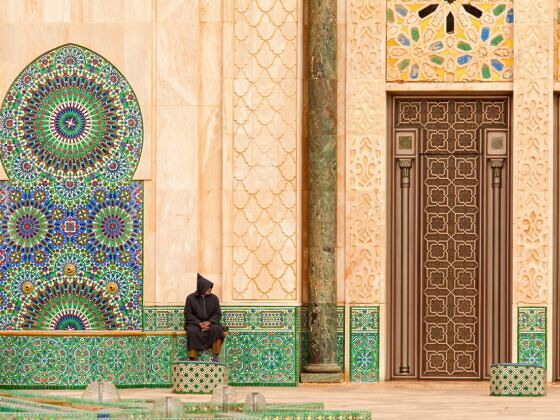“SO YOU’RE SITTING on the fence,” he says accusingly. He grins at me and pours himself tea into a glass.
“No…”
I don’t believe in God. I don’t know he doesn’t exist, though. No one knows that stuff. Probably we never will. There are many things in the universe that can’t be explained and science can only go so far, look so closely, before it starts getting in the way of itself and changing what we see. Nor does it ever really explain ‘why,’ only ‘how;’ maybe that means something. But still, I don’t have faith.
